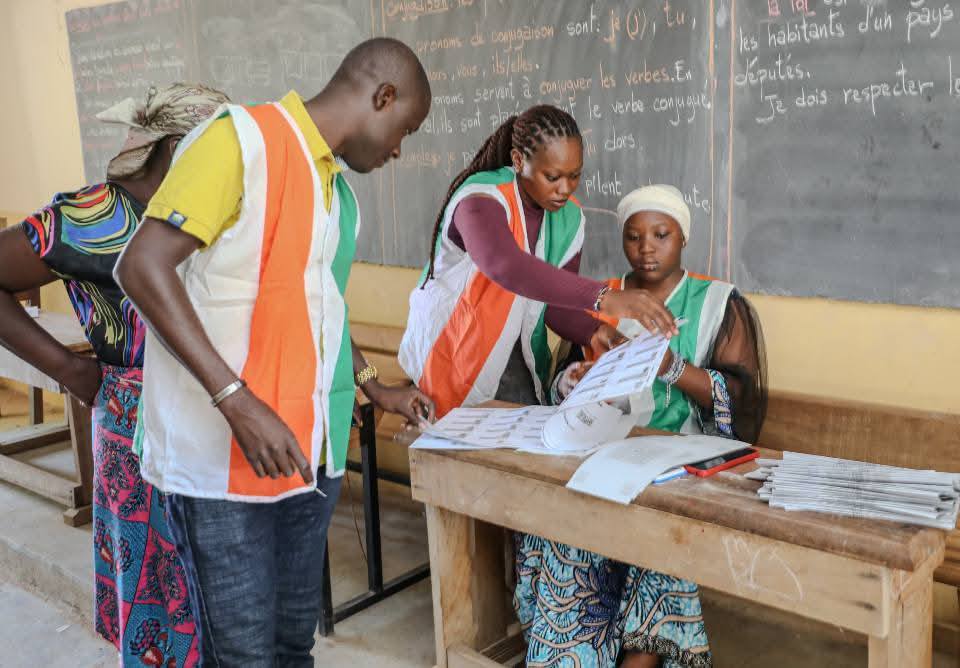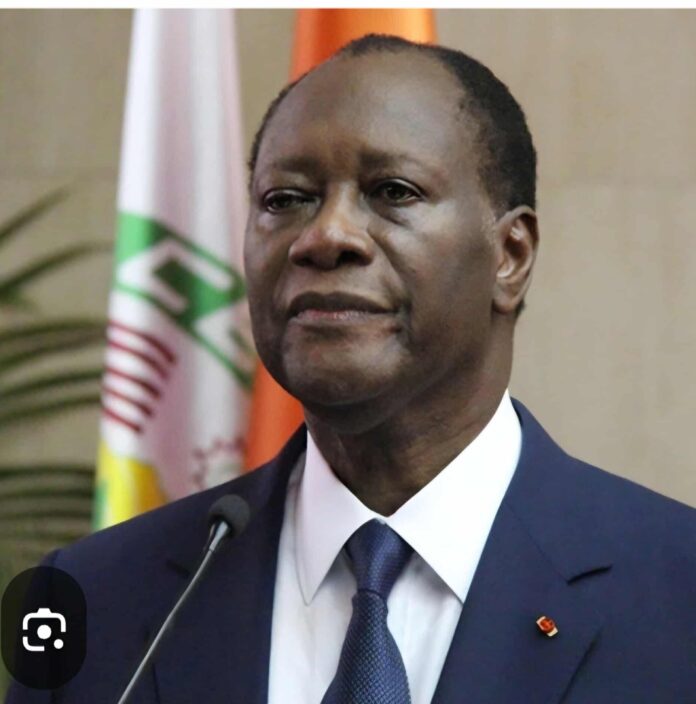Incumbent President Alassane Ouattara has secured a sweeping victory in Côte d’Ivoire’s presidential election held on October 25, 2025, according to provisional results released by the electoral commission. Ouattara received 3,759,030 votes, representing 89.77% of valid ballots cast.
The outcome, while expected by many observers following the exclusion of key opposition figures, remains subject to final validation by the Constitutional Council, the country’s highest electoral authority.
Voter Turnout Raises Concerns
Despite the commanding win for Ouattara and his ruling party, the Rally of Houphouëtists for Democracy and Peace (RHDP), official figures show a voter turnout of just 50.10%.
|
Metric |
Figure |
|
Registered Voters |
8,568,456 |
|
Actual Voters |
4,292,474 |
|
Participation Rate |
50.10% |
The relatively low turnout has prompted scrutiny from political analysts and civil society groups. Critics attribute the subdued participation to opposition-led calls for a boycott, following the disqualification of prominent candidates, including former President Laurent Gbagbo and former Credit Suisse CEO Tidjane Thiam.
Marginal Support for Other Candidates
Four other contenders participated in the race, each receiving a small fraction of the vote:
Jean-Louis Billon: 3.09%
Simone Ehivet Gbagbo: 2.42%
Ahoua Don Mello: 1.97%
Henriette Lagou: 1.15%
Awaiting Final Confirmation
While the provisional results point to a clear victory, the Constitutional Council is expected to issue the definitive ruling in the coming days. The Council’s endorsement is essential to confer legal legitimacy on the outcome, particularly amid concerns over the electoral process and political inclusivity.

International observers, including the joint ADC-ROEF Mission, described the election day as “calm and serene,” a notable departure from past episodes of electoral violence. However, they also cited logistical challenges and the absence of opposition representatives in many polling stations as factors that may have affected voter confidence and participation.
If confirmed, Ouattara will embark on another term, extending his leadership to nearly 15 years. His administration is expected to continue prioritizing economic development and infrastructure expansion. Nonetheless, the government faces mounting pressure to address political divisions and advance national reconciliation in the wake of a contentious electoral season.






















